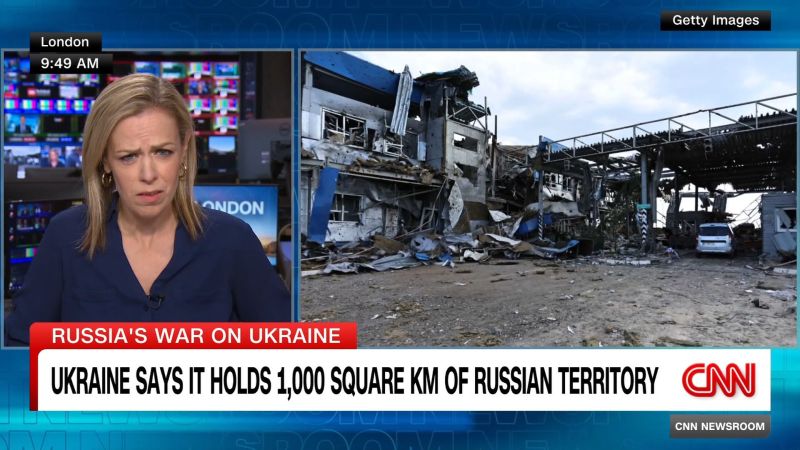In the recent incursion into Russian territory by Ukrainian forces following the weakening of the Russian military presence, a series of events unravelled the crisis management problem faced by Putin. This incident shed light on the vulnerabilities and challenges that Putin’s government encountered in managing a crisis of such magnitude. The inadequate response and lack of strategic foresight displayed by Putin’s regime during this crisis have raised concerns about the overall crisis management capability of the Russian government.
Firstly, the infiltration of Ukrainian troops into Russian territory caught the Putin administration off guard, revealing critical lapses in intelligence gathering and border security measures. The inability to anticipate and prevent such an incursion underscores the gaps in Russia’s crisis preparedness and strategic planning. For a nation with a history of geopolitical tensions and territorial disputes, this breach raises questions about the effectiveness of Russia’s defense strategies and crisis response mechanisms.
Moreover, the delayed and inconsistent communication from the Kremlin further exacerbated the crisis, fueling confusion and uncertainty among the Russian populace and international observers. The lack of transparent and timely updates on the situation not only eroded public trust in the government but also hindered the efficient coordination of emergency response efforts. This communication breakdown highlighted the importance of effective crisis communication in managing volatile situations and maintaining public confidence in times of crisis.
Additionally, the escalation of hostilities between Ukrainian and Russian forces exposed the limitations of Putin’s crisis diplomacy and conflict resolution tactics. The aggressive military response to the Ukrainian incursion without a clear exit strategy or de-escalation plan risked inflaming the situation further and prolonging the crisis. Putin’s heavy-handed approach to the conflict underscored the challenges of achieving a peaceful resolution through dialogue and negotiation, further undermining Russia’s diplomatic credibility on the global stage.
Furthermore, the economic repercussions of the crisis highlighted the vulnerability of the Russian economy to external shocks and heightened geopolitical tensions. The imposition of sanctions by Western powers in response to Russia’s military actions exacerbated the financial instability and economic uncertainty facing the country. The failure to mitigate the adverse effects of these sanctions through effective crisis management measures underscored the need for a more resilient and diversified economic strategy to withstand external pressures and safeguard national interests.
In conclusion, the Ukrainian march into Russia exposed Putin’s crisis management problem, revealing the weaknesses and inadequacies in Russia’s response to the unfolding crisis. The lack of preparedness, ineffective communication, and flawed conflict resolution strategies exhibited by the Russian government during this incident underscore the urgent need for comprehensive reforms in crisis management practices and national security policies. Addressing these shortcomings is crucial to enhancing Russia’s resilience in the face of future crises and safeguarding its stability and security in an increasingly volatile geopolitical landscape.

